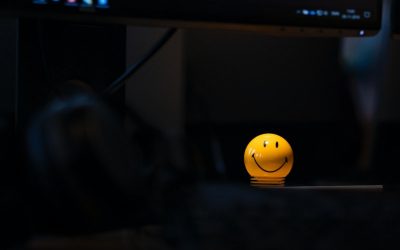Obsessive Compulsive Disorder (OCD) is probably one of the loneliest illnesses. There are so many reasons why those who are struggling with OCD will isolate themselves from their friends, family and loved ones. One of the biggest reasons is that the symptoms of OCD are embarrassing and many people struggling with the disorder feel ashamed and humiliated. They realise that their obsessions are sometimes bizarre and that their compulsions may look strange and illogical from the outside, so they choose to isolate themselves so that those around them won’t see their strange afflictions.
In other cases, people struggling with OCD may have intrusive thoughts about harming themselves or those around them. They may have heightened fears that because of these thoughts they may really harm those that are close to them. To protect their loved ones from potential harm, they begin to isolate themselves from friends and family.
If it is difficult for those struggling with obsessive compulsive disorder to make sense of the bizarre thoughts and strange ritualistic behaviours, then it is even harder for those around them to understand what is happening and what it must be like. Feeling as if no one understands you can also be one of the loneliest feelings. Often you feel alone unsupported and isolated. It is tempting, when you feel like no one quite gets it, to keep to yourself and not share your fears, anxieties and experiences with those around you. However, in many ways this is one of the worst things that those struggling with OCD can do. Being left alone with your obsessions and compulsions with no one to support you, distract you, help you or encourage you – this is a frightening thought.
In fact, those who are most successful in dealing with their condition are the people who have sought out appropriate support from psychologists trained in obsessive compulsive disorders. The most successful also gained encouragement from people who love them and care about them, as difficult as it may have been. It is often a good idea to enlist your partner or family in the therapy process so that they, too, can learn a little more about OCD and what it entails. They can gain some knowledge around supporting you and learn how best to encourage you to heal. Having this support around is enormously beneficial. Not only do you feel encouraged, but having people around that can do some reality testing with you and challenge some of those irrational thoughts can also be very helpful in the healing process. As a result it is always better to involve others in the healing process no matter how hard it may feel to do so.
The Centre for Human Potential has qualified psychologists available to treat individuals who think they may have OCD or have been diagnosed with OCD.



